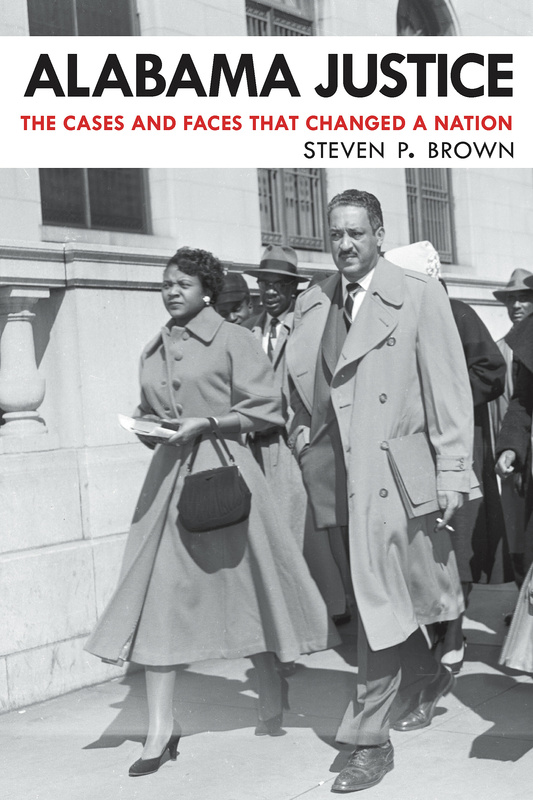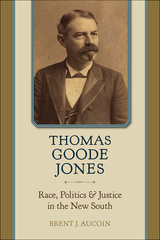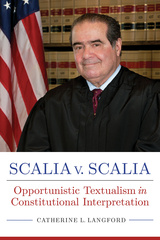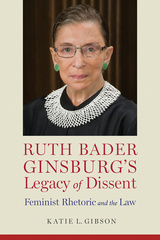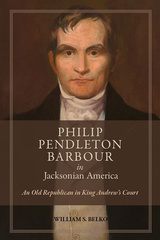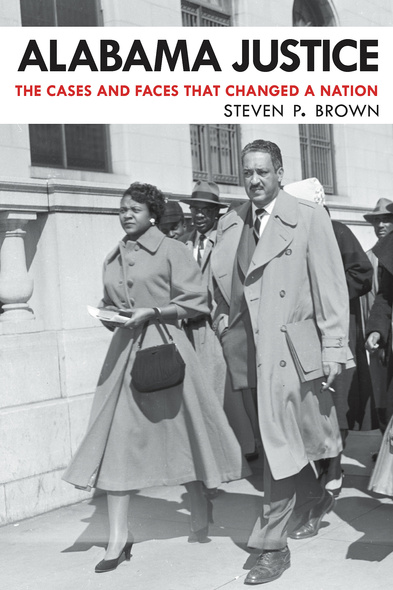
Alabama Justice
The Cases and Faces That Changed a Nation
Examines the legacies of eight momentous US Supreme Court decisions that have their origins in Alabama legal disputes
Unknown to many, Alabama has played a remarkable role in a number of Supreme Court rulings that continue to touch the lives of every American. In Alabama Justice: The Cases and Faces That Changed a Nation, Steven P. Brown has identified eight landmark cases that deal with religion, voting rights, libel, gender discrimination, and other issues, all originating from legal disputes in Alabama.
Written in a concise and accessible manner, each case law chapter begins with the circumstances that created the dispute. Brown then provides historical and constitutional background for the issue followed by a review of the path of litigation. Excerpts from the Court’s ruling in the case are also presented, along with a brief account of the aftermath and significance of the decision. The First Amendment (New York Times v. Sullivan), racial redistricting (Gomillion v. Lightfoot), the Equal Protection Clause of the Fourteenth Amendment (Frontiero v. Richardson), and prayer in public schools (Wallace v. Jaffree) are among the pivotal issues stamped indelibly by disputes with their origins in Alabama legal, political, and cultural landscapes. By examining such landmark twentieth-century milestones and eras such as the Scottsboro Boys trial, the Civil Rights movement, and the fight for women’s rights through a legal lens, Brown sheds new and unexpected light on the ways that events in Alabama have shaped the nation.
In addition to his analysis of cases, Brown discusses the three associate Supreme Court justices from Alabama to the Supreme Court: John McKinley, John Archibald Campbell, and Hugo Black. Their cumulative influence on constitutional interpretation, the institution of the Court, and the day-to-day rights and liberties enjoyed by every American is impossible to measure. A closing chapter examines the careers and contributions of these three Alabamians.
Brown adds an important study to the civil rights canon. Examining not only the legacies of these cases but also the historical context in which each emerged, Alabama Justice is an excellent work that combines intense legal examination with a layman’s attention to readability. Highly recommended.’
—CHOICE
‘This is a fine book built around a fine premise, namely that ordinary readers in Alabama—and elsewhere, but especially in Alabama—should understand the profound impact that Alabama cases have had upon our nation’s laws. Any reader who examines Alabama Justice will understand that in the mid-twentieth century, and beyond, Alabama was an epicenter of American jurisprudence.’
—Paul M. Pruitt Jr., author of Taming Alabama: Lawyers and Reformers, 1804–1929
Alabama Justice takes an original approach, examining cases from one region of the country and tying them together with biographies of Justices appointed from that region. I know of no other work on the Supreme Court that features a comprehensive regional bent.’
—Claire Cushman, author of Courtwatchers: Eyewitness Accounts in Supreme Court History
List of Figures
Acknowledgments
Introduction
Chapter 1. A Moment of Silence: Public School Prayers and Wallace v. Jaffree (1985)
Chapter 2. Compelled Disclosure: Freedom of Association and NAACP v. Alabama (1958)
Chapter 3. Heed Their Rising Voices: The Actual Malice Test and New York Times v. Sullivan (1964)
Chapter 4. Scottsboro: The Right to Effective Counsel and Powell v. Alabama (1932)
Chapter 5. Transforming Tuskegee: Racial Redistricting and Gomillion v. Lightfoot (1960)
Chapter 6. Equal Protection, Equal Benefits: Women’s Rights and Frontiero v. Richardson (1973)
Chapter 7. One Person, One Vote: Legislative Reapportionment and Reynolds v. Sims (1964)
Chapter 8. Ollie’s Barbecue: The Commerce Clause and Katzenbach v. McClung (1964)
Chapter 9. Revered and Reviled: The Supreme Court Legacies of John McKinley, John Archibald Campbell, and Hugo Black
Notes
Bibliography
Index

